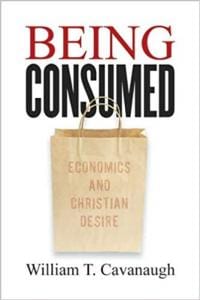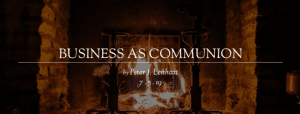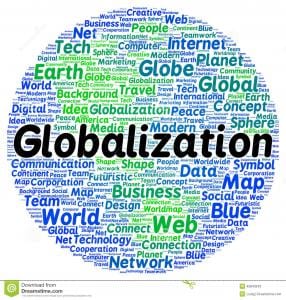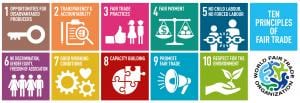 Being Consumed: Economics and Christian Desire is the second book by William T. Cavanaugh to find a place on “Lost in a One-Acre Wood.” Earlier I posted on Torture and Eucharist. The first in that series also contains information about Cavanaugh, the author, plus a list of his major works. In Being Consumed: Economics and Christian Desire, Cavanaugh delves into economics and desires for their spiritual core. I borrow language from elsewhere[i], to describe Cavanaugh’s accomplishment. He identifies demonic elements in economics and proposes some angelic alternatives.
Being Consumed: Economics and Christian Desire is the second book by William T. Cavanaugh to find a place on “Lost in a One-Acre Wood.” Earlier I posted on Torture and Eucharist. The first in that series also contains information about Cavanaugh, the author, plus a list of his major works. In Being Consumed: Economics and Christian Desire, Cavanaugh delves into economics and desires for their spiritual core. I borrow language from elsewhere[i], to describe Cavanaugh’s accomplishment. He identifies demonic elements in economics and proposes some angelic alternatives.
In four chapters Being Consumed deals with
- The free market – “Freedom and Unfreedom”
- Consumerism – “Detachment and Attachment”
- Globalization – “The Global and the Local”
- And scarcity – “Scarcity and Abundance”
Key questions are: When is a market free? How do we consume rightly? How can we be both global and local? And must scarcity be the force driving human economic activity; why not abundance? Cavanaugh brings Christian resources, especially the Eucharist, to bear on these questions. At various points he identifies living economic practices that show at least the possibility of turning today’s economic devils into angels.
Cavanaugh wrote Being Consumed to show Christians that they must take their spirituality out of the realm of souls and heaven. It belongs in the midst of the most materialistic of human endeavors. I think one can also start from the other end and see that serious economic issues almost beg for application of concepts and ideals such as Christianity offers.
Being Consumed: Quotes
A few quotes will give a taste of what will be coming in the following posts on Being Consumed.
Chapter 1, Freedom and Unfreedom – “[T]o determine whether a person is acting freely, we need to know much more than whether that person is acting on his or her desires without the interference of others…. Humans need a community of virtue in which to learn to desire rightly.” (p. 9)
Chapter 2, Detachment and Attachment – “[C]hanges in the economy and society in general have detached us from material production, producers, and even the products we buy.” (p. 36-37) Consumers are subject to a process that General Motors once called “the organized creation of dissatisfaction.” (p.46)
Chapter 3, The Global and the Local –“The Fair Trade movement … is an example of how Christians can be global in a way that does not lead to detachment from the local…. Fair Trade sees the distant neighbor in all of her or his particular dignity: a person with concrete needs, one whose particular pains and joys are shared by the other members of Christ’s body, which is simultaneously global and local.” (p. 87-88)
Chapter 4, Scarcity and Abundance – “We live our lives at the intersection of two stories about the world: the Eucharist and the market.” (p. 89) “One story the market tells … is that of scarcity miraculously turned into abundance by consumption itself, a contemporary loaves-and-fishes saga.” (p. 93) “The Eucharist tells a different story about who we – the hungry and the filled – really are and where we are going. (p.100)
Image credit: Amazon
[i] See posts on Walter Wink.












